Irvin Dawid discovered Planetizen when a classmate in an urban planning lab at San Jose State University shared it with him in 2003. When he left San Jose State that year, he took with him an interest in Planetizen, if not the master's degree in urban & regional planning.
As a long-time environmental activist, he formed the Sustainable Land Use committee for his local Sierra Club chapter and served six years on the Bay Area Air Quality Management District’s Advisory Council from 2002-2008. He maintains his interest in air quality by representing Sierra Club California on the Clean Air Dialogue, a working group of the Calif. Environmental Dialog representing business, regulatory and public health/environmental interests.
Major interests include transportation funding, e.g., gas taxes, vehicle miles traveled (VMT) fees, road tolls and energy subsidies that lead to unlevel playing fields for more sustainable choices.
He hails from Queens (Bayside) and Long Island (Great Neck); received an AAS in Fisheries & Wildlife Technology from SUNY Cobleskill and a B.S. from what is now Excelsior College.
After residing for three years on California’s North Coast, he’s lived on the San Francisco Peninsula since 1983, including 24 years in Palo Alto. Home is now near downtown Burlingame, a short bike-ride to the Caltrain station.
He’s been car-free since driving his 1972 Dodge Tradesman maxi-van, his means to exit Long Island in 1979, to the junkyard in 1988.
Major forms of transportation: A 1991 'citybike' and monthly Caltrain pass, zone 2-2. "It's no LIRR, but it may be the most bike friendly train in America."
Irvin can be reached at [email protected]
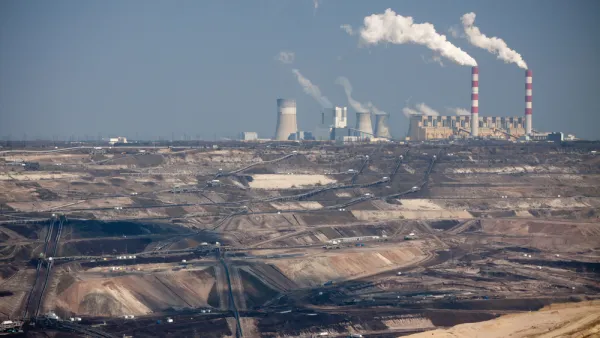
Climate Report Written by Federal Government Warns of Dire Impact on Economy
The second volume of the Fourth National Climate Assessment, released on Black Friday to presumably draw less attention from the American public, was well-covered by the media. Unlike Volume 1, there was greater focus on economic impacts.
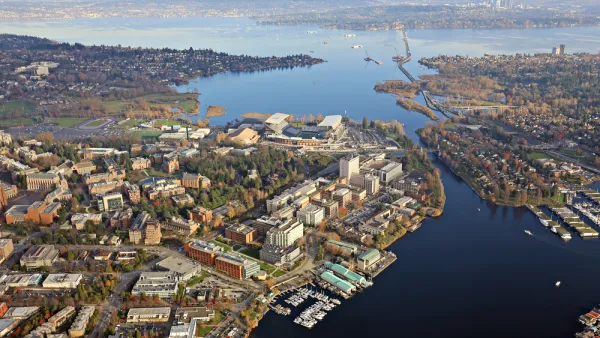
What's Next After Carbon Pricing Initiative Fails Twice?
Carbon pricing proponents in the U.S. saw their second defeat in two years in the same state when Washington voters soundly defeated I-1631, a carbon fee that would fund emission reductions. Unlike I-732 in 2016, environmentalists were unified.
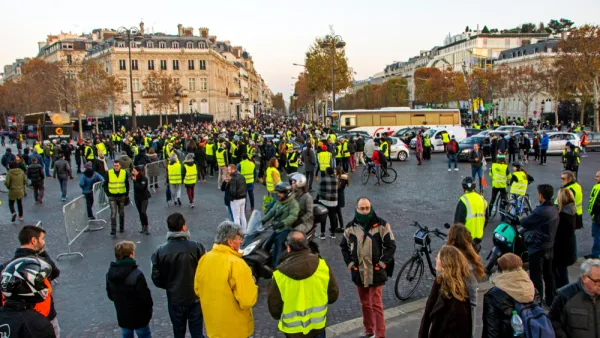
Fuel Tax Hike Revolt Threatens French President Macron's Leadership
Anger at fuel tax increases planned for January, part of a pro-Green agenda espoused by President Emmanuel Macron, has sparked a populous movement involving hundreds of thousands of protestors that have taken to the streets, erupting into violence.
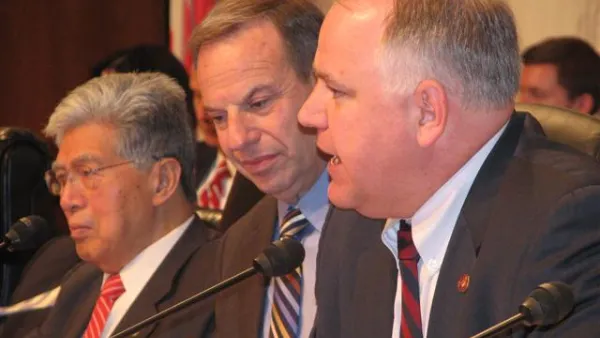
Minnesota Gubernatorial Candidate Campaigned on Increasing the Gas Tax and Wins
Democratic candidate Tim Walz was not shy about his intention to hike the gas tax to pay for improvements for roads and public transit, and he was predictably slammed by his Republican opponent. Similar scenarios played out in Wisconsin and Michigan.
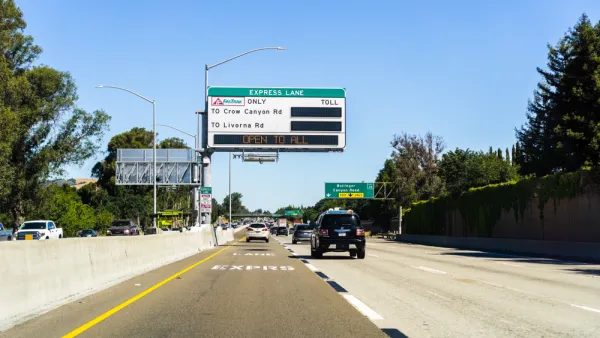
Toll Lane Expansion in Inland Empire Begins After Voters Reject Gas Tax Repeal
The day after California voters soundly rejected a repeal of a one-year old 12-cents gas tax increase and new annual vehicle registration fees. the Riverside County Transportation Commission launched a study to extend toll lanes on Interstate 15.

























